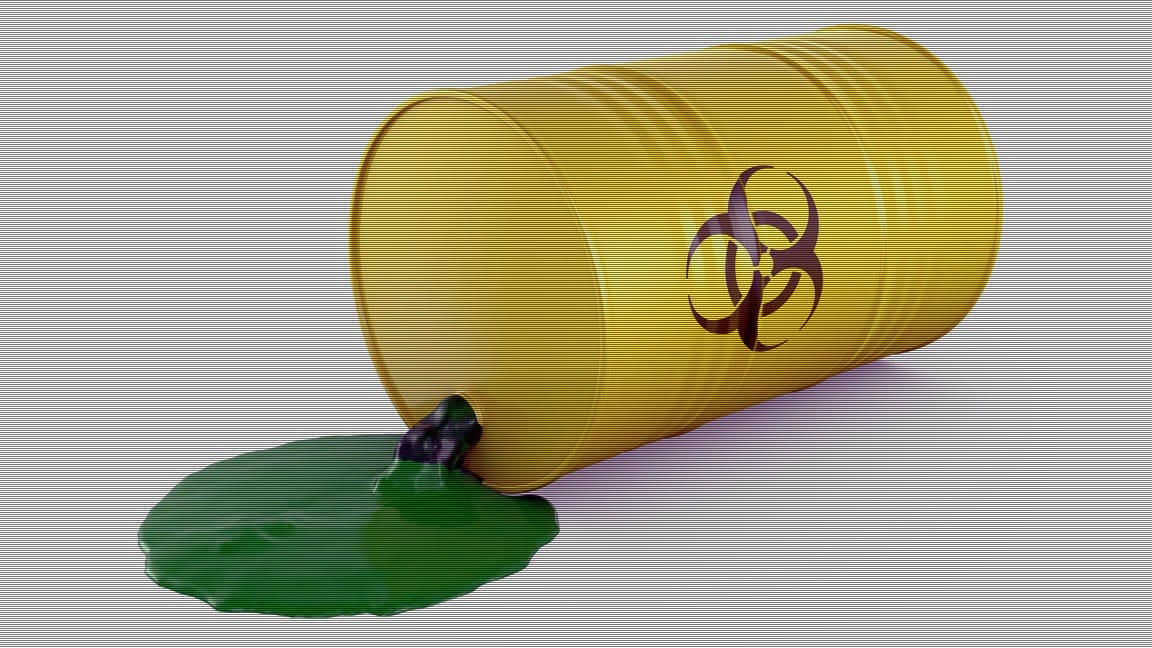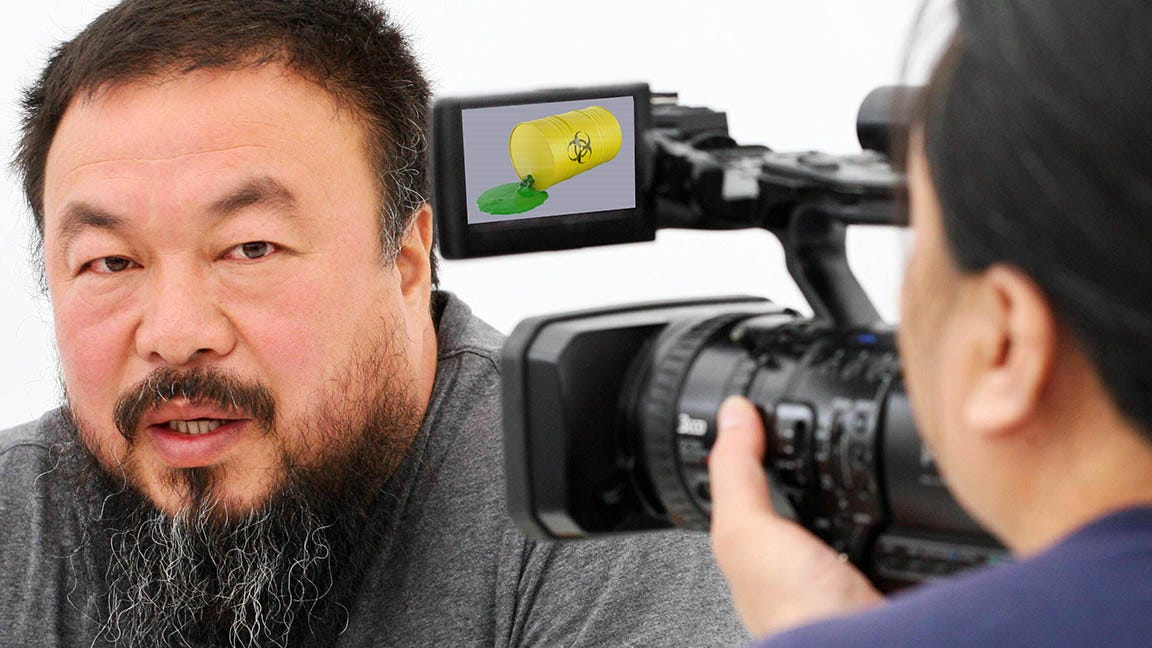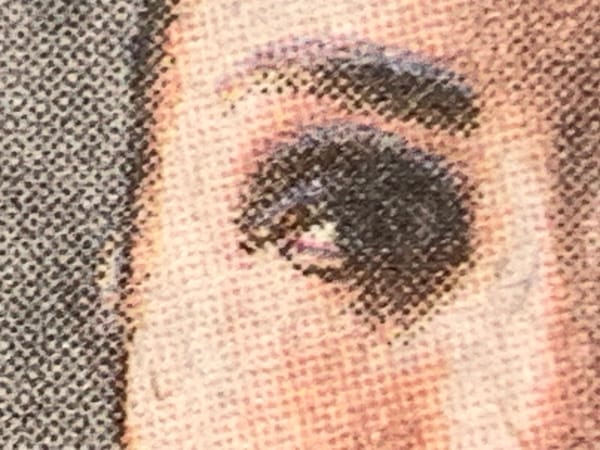Indignity Vol. 2, No. 21: Contrarians at the gate.
THE WORST THING WE READ THIS WEEK™


If You Dissent From Everything, You Dissent From Nothing
THIS WEEK, THE dissident Chinese artist Ai Weiwei used his Twitter account to retweet a message from an anti-Ukrainian account about how "the US is planting hell of Pentagon biolaboratories all around the globe. And in Ukraine and Georgia in particular." The message was a bit of a complicated bolt-on addition to all of the previously expressed justifications for Vladimir Putin's invasion of Ukraine, but it came with maps studded with biohazard logos, and a version of the idea was good enough to eventually trickle up to Tucker Carlson.
By week's end, the regular press was diagnosing the claim as a joint Chinese–Russian propaganda project, one designed to supplement the general principle that Russia doesn't want NATO expanding onto its doorstep with the specific claim that the United States has been building biological weapons on Russia's doorstep. For Putin, who freely uses chemical weapons when it suits him, it was a useful bit of projection against NATO; for China, it served as a mythic rebuttal to American enthusiasm for the Wuhan lab-leak Covid conspiracy theory.
But why was Ai Weiwei—whose conflicts with the Chinese regime got his brain injured, his studio demolished, and his property confiscated, and led to him being locked up for nearly three months—among the people pushing the Chinese line? Ai has taken genuinely heroic risks, and his art has had an uncanny ability to open up contradictions in politics and culture. His Twitter feed, however, is often enough awash in dumb garbage. Before he started dabbling with Putinism, you could find him retweeting idiotic antivax material.
There is a particular hazard that comes with being a genuine dissident or whistleblower or an otherwise deeply committed critic of things: to really do it involves demolishing your standard frame of reference. The things that other people go around believing, the assumptions that are supposed to constitute your shared reality—some fundamental part of that structure, you come to understand, is just purely false. The government will lie to you about something as plain as how many people died in an earthquake, and where; what seemed to be your available zone of free expression and disputation was secretly a box that could close on you at any time.
And so you have to fall back on your own judgment about everything. You can't trust what you're told. Every condition in the world is up for debate; every apparent fact could be the front for another conspiracy. If Seymour Hersh could catch the government lying about a thing as terrible as My Lai, in front of the whole world, why should he trust the official story about Seth Rich, or about Syria's use of chemical weapons?
Nobody is correct enough to be correct about everything, unaided. In a world where Facebook is lifting its ban on posts supporting Ukraine's neo-Nazi Azov Brigade, as it fights against a brutal Russian invasion that's driven by Vladimir Putin's desire to crush Ukrainian sovereignty and nascent liberal democracy, it's not especially easy to derive the identity of the good guys from who the bad guys are, or to work out right and wrong through the transitive property.
And the most iron-willed moral sensibility is no match for the corrosive power of the discourse. Giorgio Agamben spent years writing about the underexamined and self-justifying brutality of the state toward human life—exactly the sort of force that would abandon nursing-home residents to die in a pandemic, or would force meatpacking workers to stay on the line during a lethal outbreak. When the Covid pandemic actually arrived, though, Agamben decided that the real unbearable coercive force of the state was in government efforts to fight the virus.
The trap waits for even the wary: start as a dissenter, develop into a crank, end up a dupe. One day you're Christopher Hitchens castigating the folly of the Vietnam War, the next, you're Christopher Hitchens praising the muscular daring of the Iraq invasion.
It's hard to consistently stand against tyranny while people keep obfuscating the question of who is tyrannizing whom. Power, under criticism, has long since learned the trick of declaring itself the real victim of oppression. Arguing that rich people deserve more money than poor people, or that the police must have a free hand to arrest or shoot people without facing discipline, or that workers need no protection from a pandemic before going back to work—these may be existing, repressive power arrangements, but if you advocate for them, you can successfully package yourself as a contrarian.
Soon enough, real dissidents start defending power too. The pose is made to pass for the substance. Putin bombs a maternity hospital and says he is fighting against cancel culture. Enough people declare that American liberalism is as repressive as the Chinese Communist Party, and Ai Weiwei, in the name of freedom, lines up with the Chinese Communist Party.






